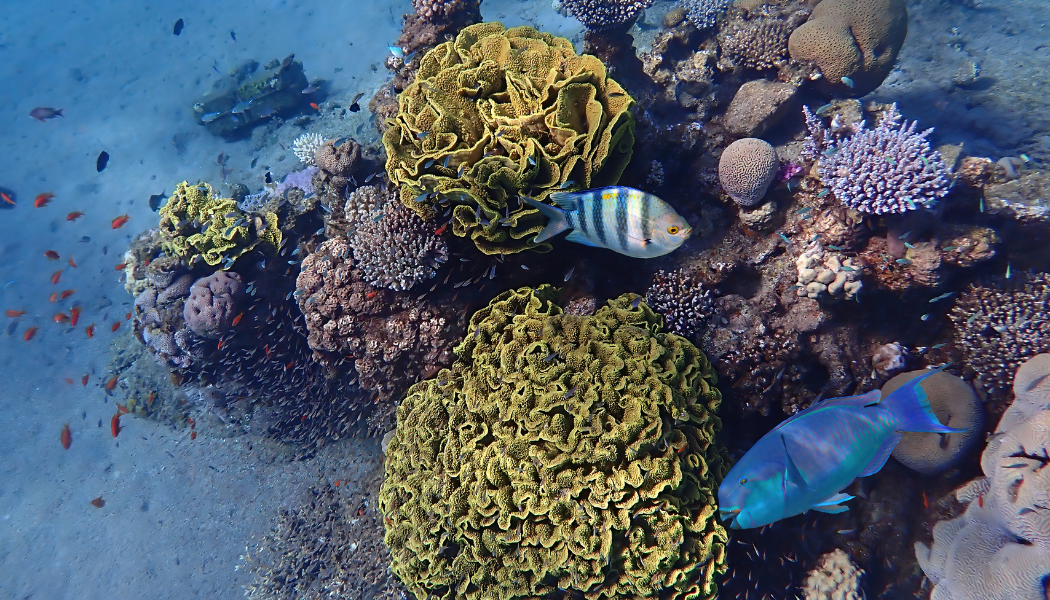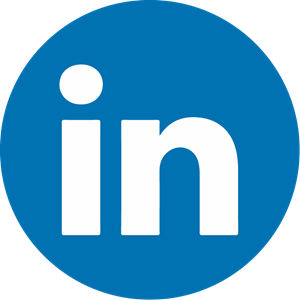We are delighted to announce that our team has successfully designed, manufactured, and supplied two centrifugal pumps that are DNV Class approved and specifically tailored for Ballast pump applications.
💡 What sets our pumps apart is the rigorous testing they undergo. The performance test is carried out in accordance with ISO 2548 Class C, ensuring compliance with international quality standards. Moreover, during the Hydrostatic pressure test, we verified the pumps' resilience by subjecting them to 1.5 times the pump delivery pressure against a closed discharge valve.
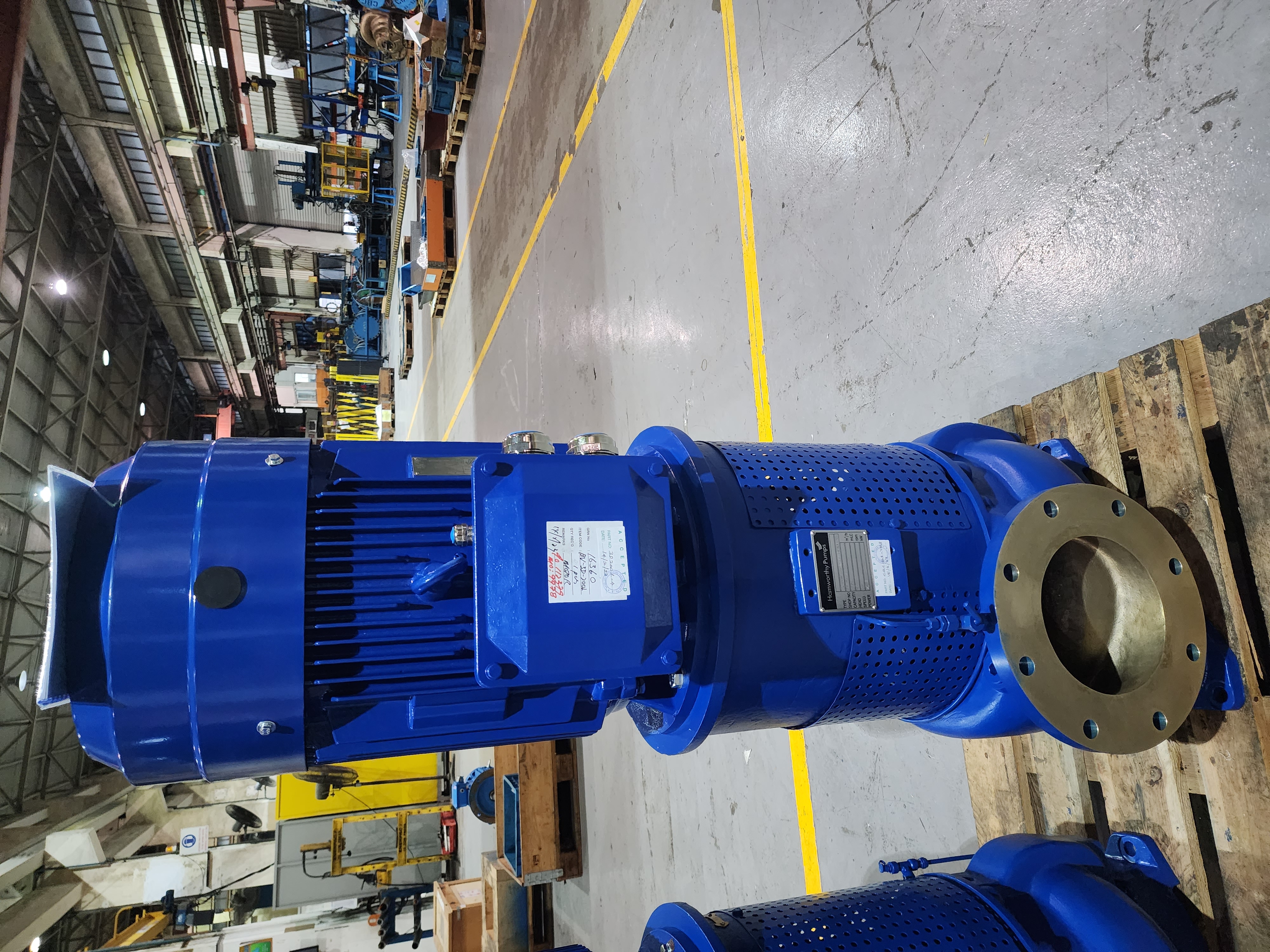 |
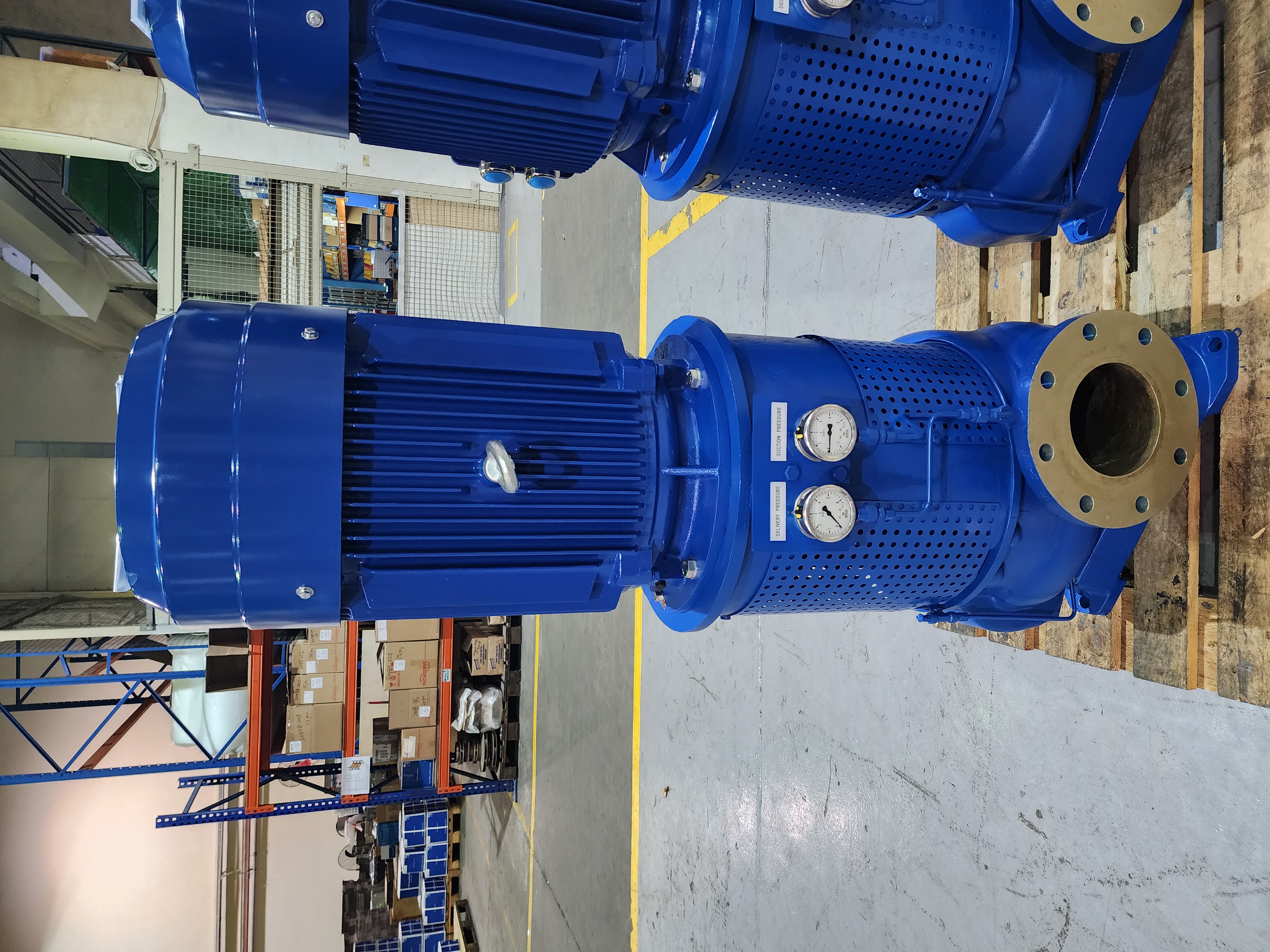 |
Whether you require equipment for ballast systems or any other marine application, With Albion Marine Solutions as your trusted partner, you can rely on our extensive expertise in supplying top-quality marine equipment: GRE pipes, Carbon steel pipes, Electric Panels, Ballast Pumps, Expansion Bellows, Offshore Marine Cables, Valves, Strainers, Mechanical seals, Ballast Water Treatment System, Exhaust Gas Cleaning System, and Fuel Gas Supply systems.
We are committed to providing the best solutions that meet our client needs. Contact us today at

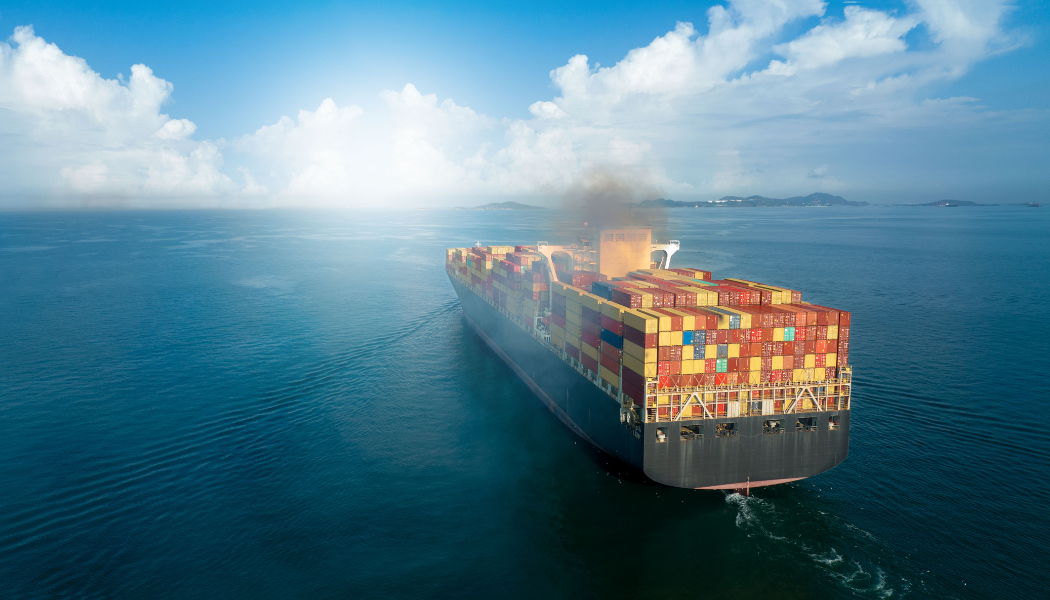
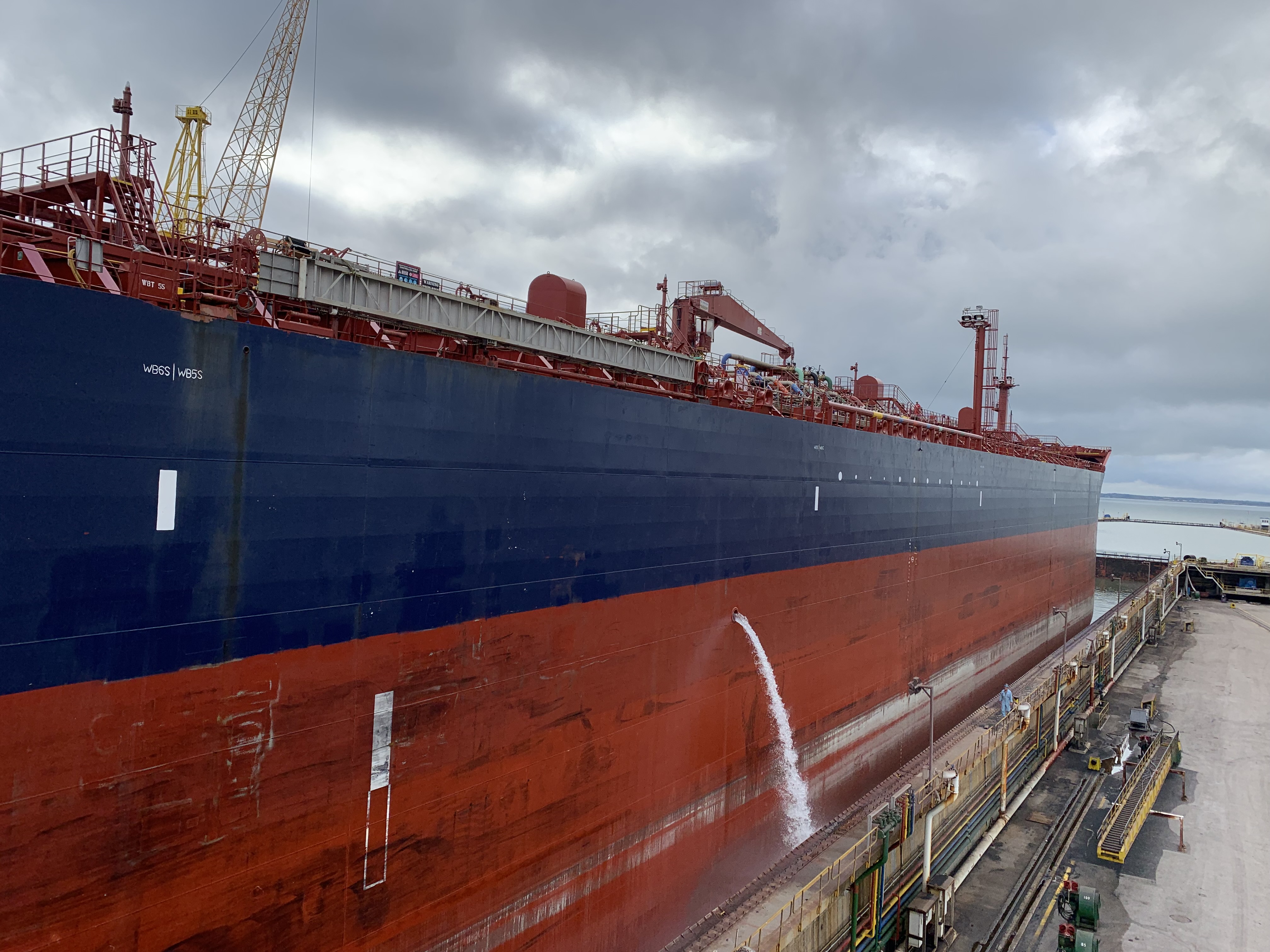
.png)
